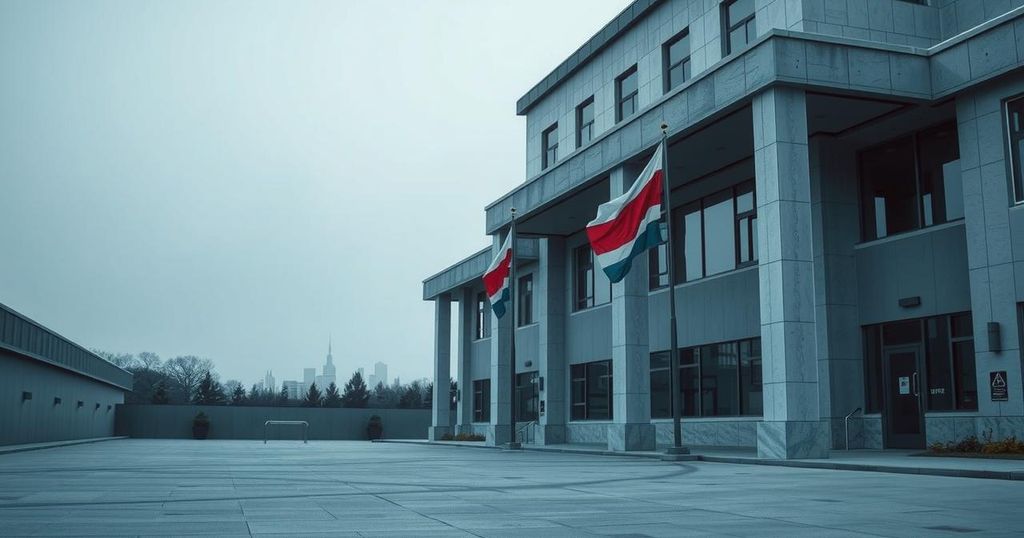South Sudan’s President Salva Kiir has dismissed Ambassador Monica Achol Abel as tensions rise with Vice President Riek Machar. This action aligns with a series of arrests of officials, revealing an internal power struggle. Kenyan President William Ruto has urged dialogue to stabilize the situation, but the history of conflict and disruption casts doubt on peace efforts.
South Sudan’s President Salva Kiir has dismissed Ambassador Monica Achol Abel, just four months after she took office, amid escalating political turmoil. The official announcement came via state television, yet no explanation was provided for this abrupt action. Such firings by Kiir, characterized by their timing on Mondays and Wednesdays, have become a trend in recent governmental reshuffles.
Abel’s dismissal coincides with rising political tensions in Juba, particularly between Kiir and his first vice president, Riek Machar. The situation is further complicated as armed forces surround Machar’s residence, indicating potential instability within the government’s fragile coalition.
The political environment is increasingly fraught; the National Security Service (NSS) has intensified its arrest of key officials. Recently, Peacebuilding Minister Stephen Par Kuol was detained following the arrest of Petroleum Minister Puot Kang Chuol, highlighting a deepening internal power struggle.
This turmoil raises concerns about the ongoing peace process in South Sudan. Kenyan President William Ruto, involved in the Tumaini Initiative for peace, has engaged both leaders. “I implored both leaders to engage in dialogue towards fostering peace in the country,” Ruto stated on Thursday, hinting at regional consultations for stabilizing South Sudan.
Historically, South Sudan has been troubled by conflicts stemming from political disputes since its civil war began in December 2013. Despite multiple peace agreements, such as the 2018 Revitalised Agreement, stability remains elusive as violence and dissent persist.
Kiir’s recent actions, including the abrupt dismissal of officials and ongoing tensions with Machar, suggest an intensifying grip on power. These developments further jeopardize the delicate peace structure in South Sudan.
The dismissal of Ambassador Monica Achol Abel amid rising political tensions reveals the fragility of South Sudan’s governance and stability. The internal power struggles, highlighted by recent arrests of key ministers, underscore fears of escalated conflict. With President Ruto urging dialogue among leaders, the future of the nation’s peace process hangs in the balance. Without effective resolution to these tensions, South Sudan’s path to stability remains uncertain.
Original Source: eastleighvoice.co.ke






